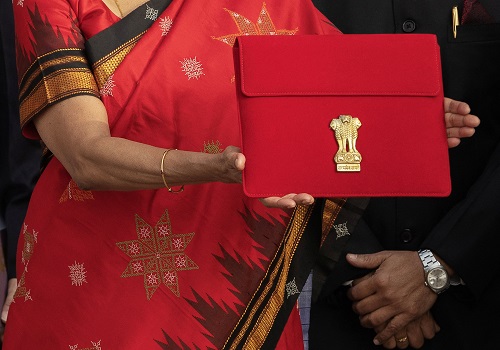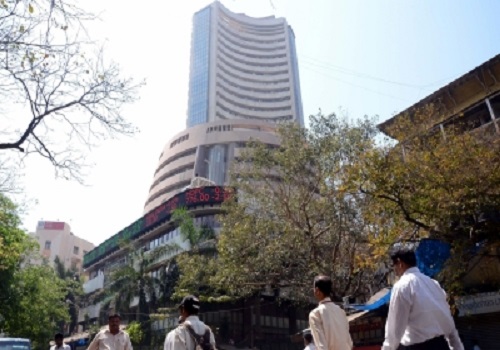Global brokerage CLSA shifts `tactical allocation` to India from China

In good news for the domestic stock market, global brokerage CLSA has shifted its "tactical allocation" to India from China, citing growing concerns over Beijing’s economy and investor sentiment after the US presidential election.
In a note titled ‘Pouncing Tiger, Prevaricating Dragon,” the global brokerage changed its stance after Donald Trump’s return as the 47th US President and foreign institutional investor (FII) outflows reached around Rs 1.44 lakh crore in recent months.
"US yields and inflation expectations sap scope for the Fed and, thus, The People's Bank of China (PBOC) to ease. We are anxious that these concerns lead to a buyers' strike by offshore investors who built China exposure post the initial PBOC stimulus in September. We therefore reverse our tactical allocation in early October, returning to a benchmark on China and a 20 per cent overweight on India," CLSA said in its note.
“We now reverse that trade. Both MSCI China and India have corrected by 10 per cent in US dollar terms over the duration so we did not lose on making the switch," it added.
The note further said that Chinese equities have faced a series of setbacks, described as a "misfortune in threes".
The global brokerage believes “Trump 2.0 heralds a trade war escalation” just as exports become the largest contributor to China's growth and India benefits from an “appreciable moat” should trade hostilities between the US and China heat up again.
"India appears as among the least exposed of regional markets to Trump's adverse trade policy. Moreover, so long as energy prices remain stable, India may offer a relative oasis of forex stability in an era of a strengthening US dollar," said the global brokerage.
The CLSA note further stated that paradoxically, "India has seen strong net foreign investor selling since October, while investors we met this year have been waiting specifically for such a buying opportunity to address Indian underexposure. Domestic appetite remains strong, offsetting foreign jitters, and valuation, though pricey, is now a little more palatable".























